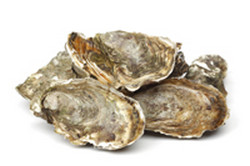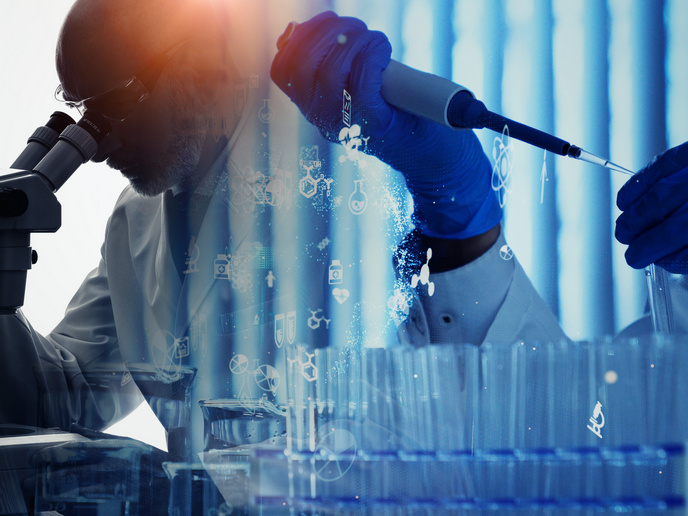Microencapsulation for healthier shellfish
The 'Bio-engineered micro encapsulation of active agents delivered to shellfish' (BEADS) project was established to address the challenges posed by contamination and disease. The consortium sought to boost shellfish immune responses and improve purification efficiency using active agents delivered directly through microencapsulation. Digestible capsules containing alginate, an insoluble gelatinous carbohydrate found in brown seaweeds, were successfully fed to various shellfish species. Results showed that the ingestion rate was linked to microcapsule size, with the smallest being ingested most rapidly. The experiments also demonstrated the viability of using microcapsule technology to introduce biological agents such as bacteria into shellfish. Large numbers of bacteria were isolated during the course of the BEADS project. Some were isolated from shellfish contaminated with okadaic acid and domoic acid and characterised using molecular sequencing technology. The results revealed a wide variety of bacteria species. Further toxin utilisation experiments led to four bacterial isolates being selected for their ability to break down toxins in the laboratory.A large number of bacteria were also screened for antimicrobial activity against a range of pathogenic bacteria and viruses. The lactic acid bacterium was identified after DNA sequencing against strains of Listeria monocytogenes isolated from seafood. The active substance (E. hirae 3M21) was isolated and survival rates of free and encapsulated E. hirae 3M21 were assessed in seawater. It was also assessed in digestive gland fluids from mussels and oysters. Results did not show a loss in viability. A series of experiments was carried out to determine the effect of microencapsulated immunostimulants on the immune system of oysters. The purpose was to encourage an immune-stimulant response against the oyster parasite Bonamia ostrae. Researchers found that mortality and the impact of disease were reduced, indicating an improved ability to fight disease. BEADS outcomes will therefore help protect public health from contaminated shellfish, and reduce economic losses to all sectors and communities involved in shellfish production.







